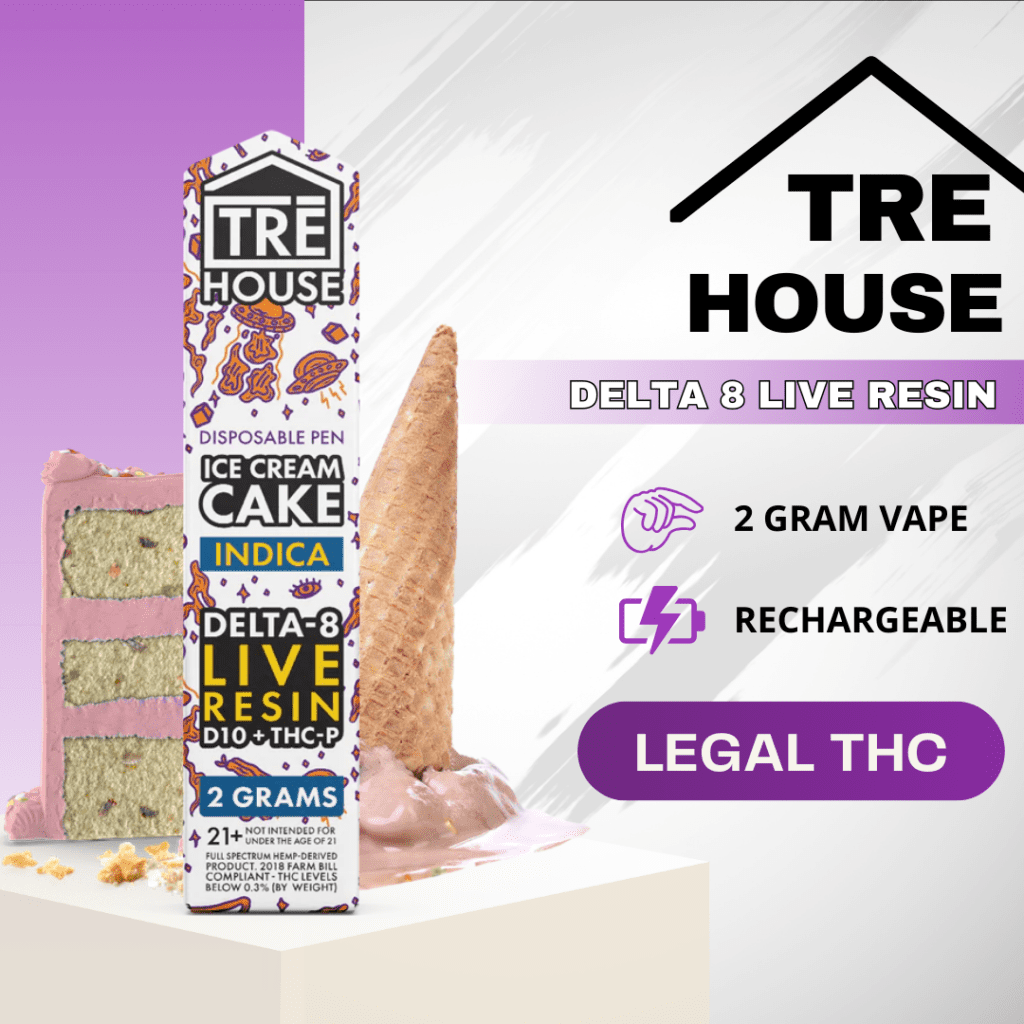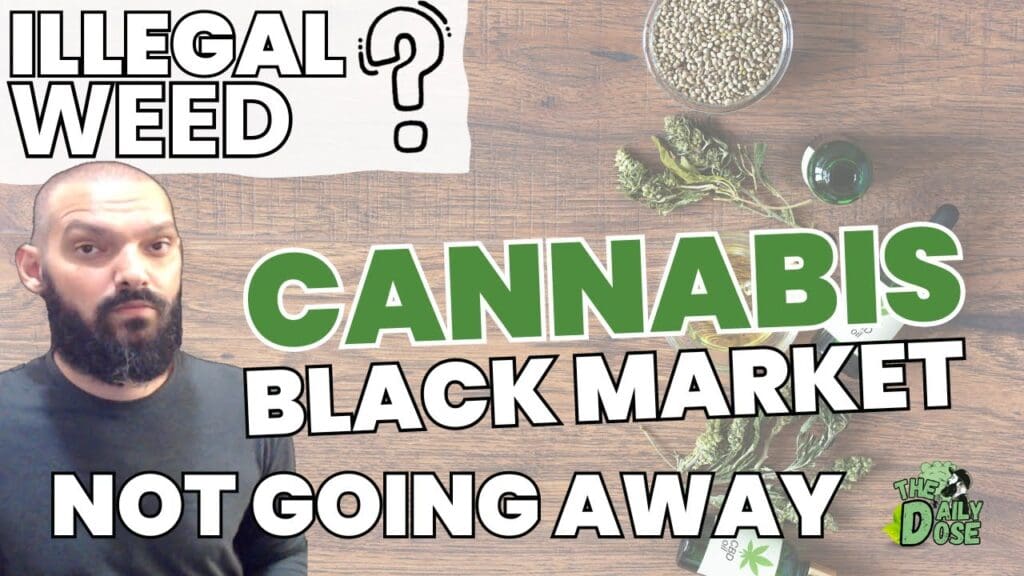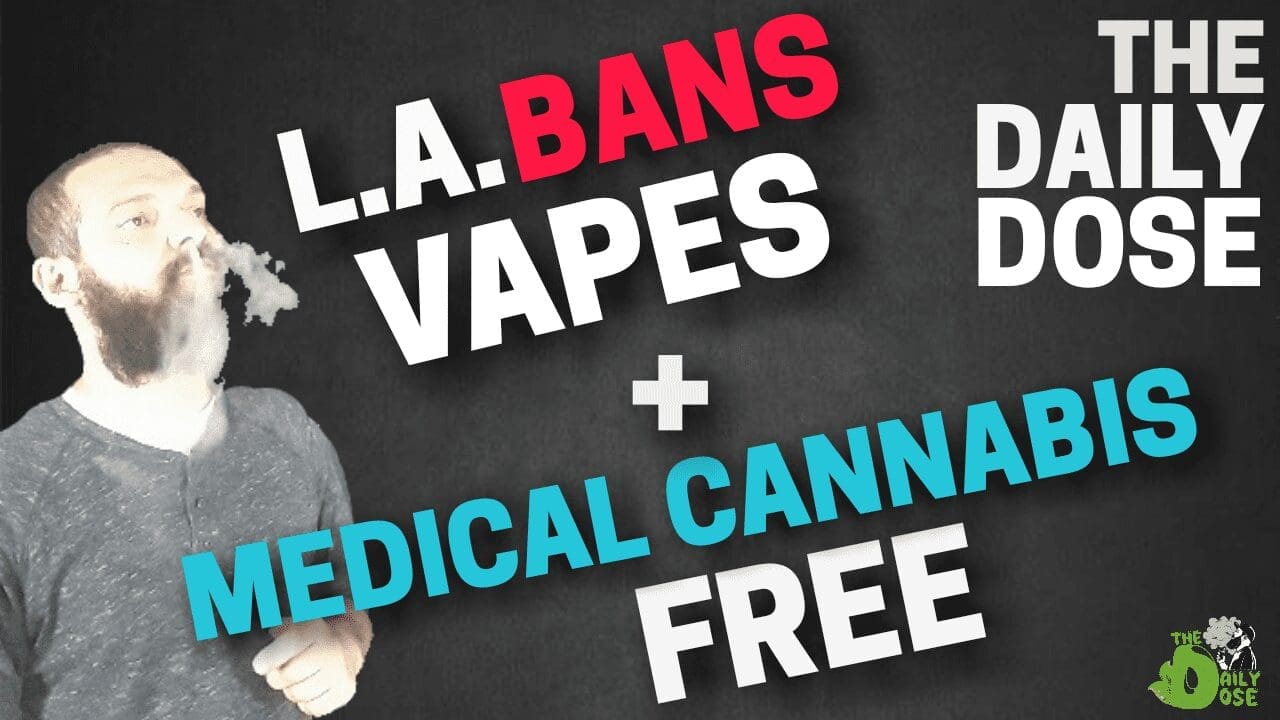Listen to the full podcast episode below The Daily Dose Podcast Audio
Illegal Cannabis Market What To Know
In My Own Words
Welcome back to Just Talkin’ if you haven’t subbed yet be sure to do so if you want to join the conversation. Today I am covering multiple parts of a serious issue relating to cannabis. Many of us love our cannabis and some can’t live without it but our insatiable appetite for cannabis consumption comes with a separate issue.
One that can’t be contained and perhaps now that the genie is already out of the bottle it’s too late anyway. In this episode I’m Just Talkin’ about the differences between states who are raking in large sums of revenue due to cannabis versus states that have looser laws and regulations but both are still battling the issues surrounding black market participants.
Introduction
The cannabis market is a labyrinth of legality and illegality, with the global landscape witnessing a rapid shift towards legalization. However, the illegal cannabis market stubbornly persists, raising questions about the factors that contribute to its resilience.
Historical Context
To understand the contemporary illegal cannabis market, one must delve into its historical roots. Cannabis prohibition, which gained momentum in the early 20th century, has left an enduring impact on how the plant is perceived and regulated. The evolution of the illegal market can be traced through decades of changing laws and societal norms.

Economic Factors
While the legal cannabis industry is booming, the illegal market continues to thrive due to economic considerations. The allure of substantial profit margins, coupled with the ability to operate without the constraints of taxation and compliance, provides a strong incentive for many to remain in the shadows.
Regulatory Challenges
Navigating the intricate web of cannabis regulations poses a significant challenge for businesses seeking legitimacy. Stringent licensing processes, convoluted legal frameworks, and the burdensome weight of taxation contribute to the allure of the illegal market for those unwilling or unable to comply with the rules.

Consumer Preferences
Consumer behavior plays a pivotal role in sustaining the illegal market. Affordability, accessibility, and a level of trust in illegal sources all contribute to the resilience of the illicit market. Additionally, the limited variety often found in legal markets can drive consumers toward the more diverse offerings of illegal sources.
Law Enforcement Challenges
Law enforcement agencies grapple with resource allocation, shifting priorities, and the ever-evolving strategies employed by those in the illegal cannabis trade. The cat-and-mouse game between authorities and illicit operators presents a constant challenge to dismantling the illegal market.

Social Stigma and Culture
The persistence of social stigma surrounding cannabis, coupled with a sense of rebellion and counterculture identity, contributes to the illegal market’s longevity. Community ties and the normalization of illegal activities further embed cannabis trade within certain subcultures.
Global Perspectives
Internationally, cannabis regulations vary widely, contributing to the challenges of eradicating the illegal market. Cross-border smuggling, driven by disparities in legal frameworks and global demand, adds another layer of complexity to the issue.

Technological Advancements
The digital age has ushered in new methods of conducting illegal cannabis transactions. Dark web marketplaces, cryptocurrency, and increasingly sophisticated distribution networks all contribute to the resilience of the illicit market.
Public Policy Implications
Addressing the persistence of the illegal cannabis market requires a nuanced approach to public policy. Adaptable and evidence-based policies, harm reduction strategies, and learning from successful models in other regions can pave the way toward a comprehensive solution.

Conclusion: Navigating a Complex Landscape
In conclusion, the illegal market persists due to a confluence of historical, economic, regulatory, consumer-driven, law enforcement, social, global, and technological factors. Understanding this complex landscape is crucial for developing effective strategies that move beyond mere prohibition.
FAQs
Can’t stricter law enforcement completely eradicate the illegal market?
How does global legalization impact the illegal market?
What role does technology play in sustaining the illegal market?
Are there successful models of cannabis regulation that others can learn from?
How can consumers contribute to combating the illegal market?
Related Articles:
- Cannabis News Now Legalization Efforts
- Cannabis Recall Illinois What To Know Now
- Hemp THC Banned By DEA Schedule 1
- Cannabis Recall California Cannabis Corner
- Cannabis Threat Visa’s Warning Shot News
Meet The Author





